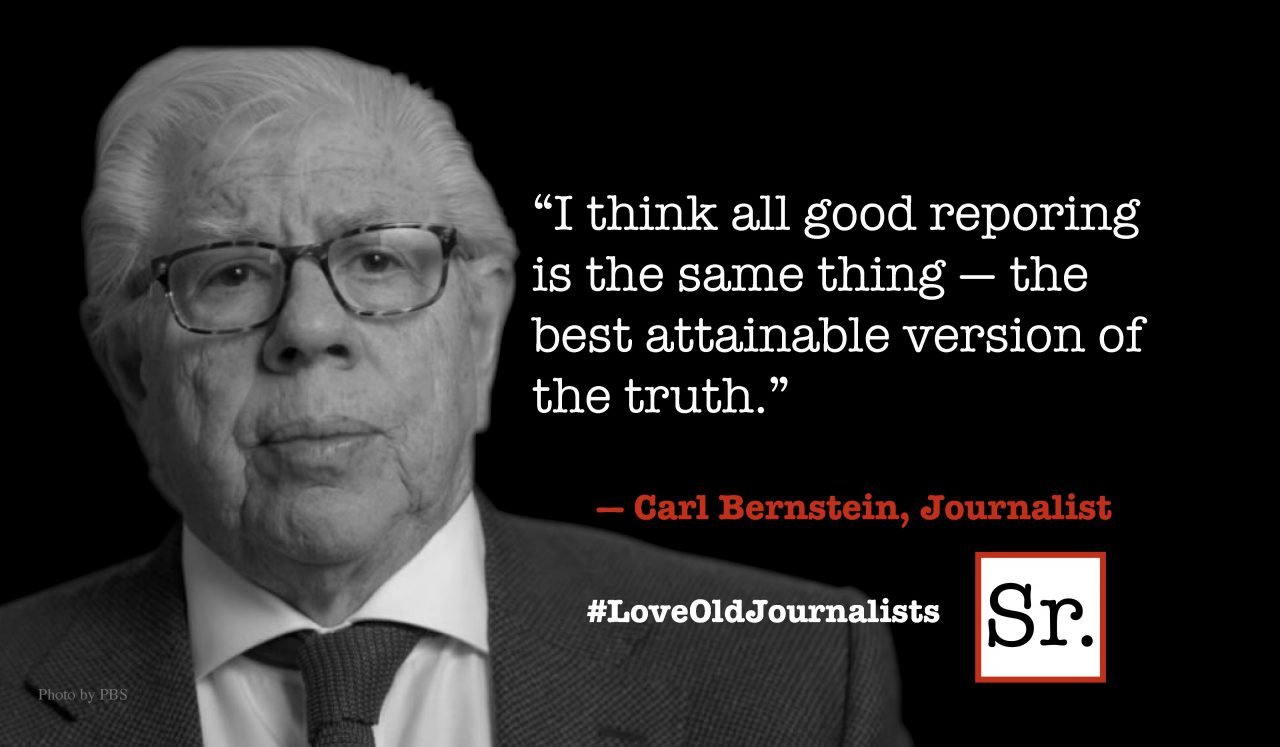When we're asked questions that we don't have answers for, we often reply, "Ah, that's a good question." Maybe we’re trying to buy some time to think. Most of us have been programmed to believe that we should always know the answer to questions that are posed to us in the workplace, anywhere. While we are supposed to be listening, we search our mental database for the right answer or response to questions we anticipate being asked.
The habit of tuning into the radio station playing in our head, instead of listening fully to the person we are engaged in a conversation with, is a source of communication breakdown.
As the legendary CEO Sam Walton demonstrated, asking good questions can really pay off. Walton asked himself and those around him questions about retail, distribution and economies of scale that, apparently, others had not asked before. His process was likely informed by what I call high-gain questions. High-gain questions cause others to stop and think.
What's working well here? What are your ideas for helping our team become more productive? What are your ideas for helping our plant become more competitive? What do you value most about your team? What inspires you most about our mission? These are all high-gain questions and responses to these kinds of questions can be leveraged for the good of all concerned.
Low-gain questions, by comparison, can often be answered with “yes” or “no,” or a knee-jerk responses— who caused this problem, why did you do it this way, anybody have any questions? Low-gain questions like these, though well-intentioned, can lead us down a path of limited possibility. They can even put us and those around us on the defensive. Have you noticed how being on the defensive seems to consume a ton of creativity in the workplace? What if this same creativity were put to use improving the performance of our businesses, not-for-profit missions and even our government entities.
Thanks to my wonderful colleague Daniel Pryfogle, I have intentionally incorporated what he calls appreciative inquiry into my work with clients. This practice prompts better questions, high-quality questions, and valuable dialogue, which taps into individual and team thinking, helping folks access their most creative and energizing thoughts and feelings about the topic at hand. Appreciative questions and practices accesses the inner genius of individuals, teams and organizations.









